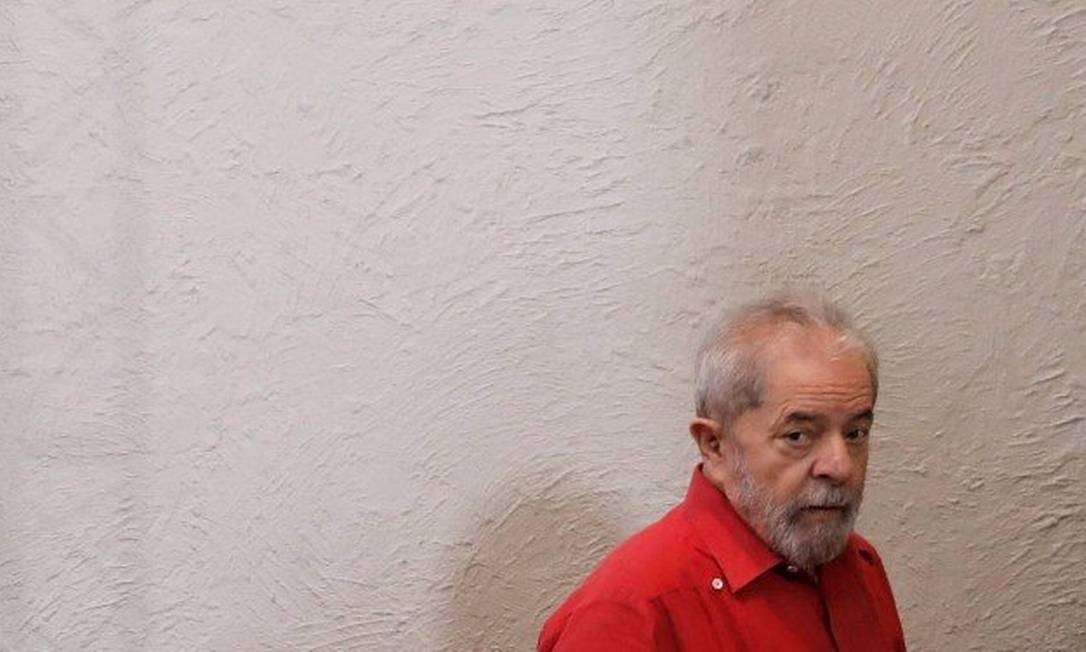(Opinion) With little more than a week to go before the ballotage in which Brazil will decide whether to keep President Jair Bolsonaro (PL, right) in power or opt for the return to power of Luiz Lula da Silva (PT, left), the measures being taken by the Superior Electoral Court (TSE) of the country to regulate the campaign contents of both candidates have gained notoriety.
Thus, the TSE’s provisions have raised alarms that it is reaching the point of censorship of legitimate political debate.
Read also: Opinion – how it came to pass that ex-convict Lula da Silva can once again seize power in Brazil.
Bolsonaro’s campaign has complained that the TSE has told it not to run ads calling da Silva “corrupt” and a “thief” because the Supreme Court later overturned the bribery convictions that landed him in jail.

Brazilian broadcasters have also said they have been banned from using the words “ex-convict,” “thief,” or “corrupt” when talking about da Silva.
The broadcasters’ lobby group, ABERT, protested that these decisions interfered with freedom of expression.
This is nonsense, given that da Silva was convicted and even spent 580 days in jail for being involved in corruption cases derived from the mega-plot unveiled by the Lava Jato investigation.
In addition, Bolsonaro’s allies complain that the TSE has not prevented Lula da Silva’s supporters from accusing the President of “genocide” for handling the COVID-19 pandemic.
IMPRISONED FOR 580 DAYS
In 2017 Lula da Silva was sentenced by Judge Moro to nine years and six months in prison on charges of “passive corruption” and “money laundering”, expressed in the reservation to acquire a luxury apartment in São Paulo.
In addition, Lula da Silva was sentenced to two years and 11 months in prison for remodeling 2010 a house located in São Paulo with money from Odebrecht, charged with the crimes of active and passive corruption and money laundering.
These cases led the former President to be imprisoned in 2018.
Still, he only served 580 days of the sentence since the Brazilian Supreme Court, in an unusual decision, and with Justice Edson Fachín at the head, annulled in 2021 all the convictions established against Lula da Silva due to “technical-formal” criteria.
The pretext used was that the court that initially tried the former President – a court based in Curitiba (in the south of the country) – did not have jurisdiction to do so and that the trials had to start from scratch in a court in Brasília.
Beyond the judicial implications, the Supreme Court’s decision opened the door for Lula da Silva.
The Supreme Court had presided over Brazil amid the region’s most significant corporate corruption scandal in recent decades to be politically rehabilitated to run again as a presidential candidate.
It was both shameless and senseless at the same time.

